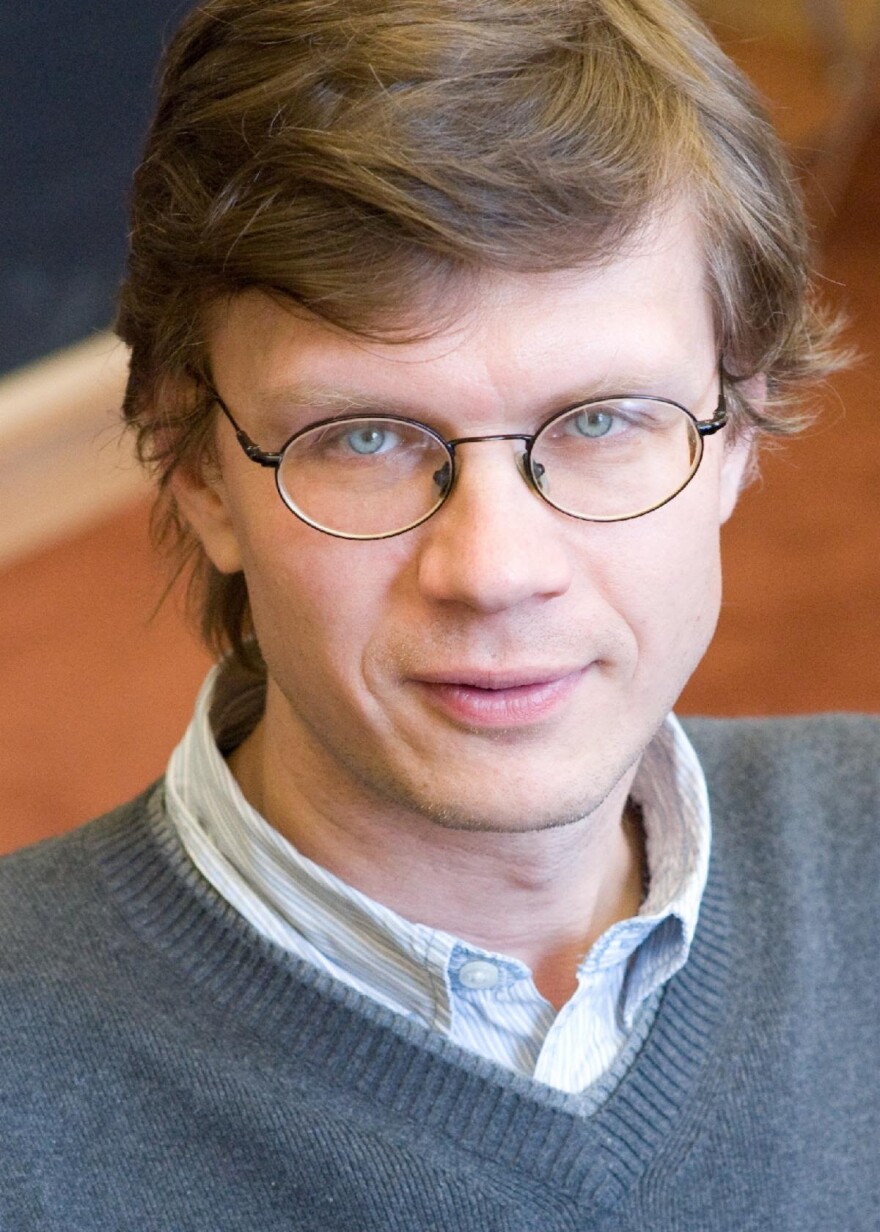This event was recorded on February 8, 2023 at Aspen Center for Physics during the 2023 DeWolf Foundation Physics Talks, in partnership with Aspen Public Radio.
A broad effort is currently underway to build quantum machines that may be capable of outperforming the existing classical counterparts. These new quantum machines may be able to execute useful tasks in areas ranging from computation and communication to sensing and metrology (the science of measurement). Practical realization of such systems and exploration of their potential capabilities and limitations are among the central challenges in the new field of quantum science and engineering.
In this talk, Lukin describes several examples of recent work towards these goals. These include the realization of programmable systems composed of hundreds of quantum bits. These systems can be used to study new forms of quantum matter and to solve complex computational problems. Work is also underway to develop methods to correct errors in quantum processors in order to scale them up and to connect quantum computers to develop ingredients for a future quantum internet. Recent advances in quantum sensing include magnetic resonance imaging of individual molecules and novel approaches to biomedical diagnostics. Lukin discusses challenges and opportunities for building large-scale quantum machines and realizing their real-world applications.
About Mikhail Lukin
Mikhail Lukin received his PhD from Texas A&M University in 1998. He has been on a faculty of Harvard Physics Department since 2001, where he is currently George Vasmer Leverett Professor of Physics, and a co-Director of Harvard-MIT Center for Ultracold Atoms and of Harvard Quantum Initiative in Science and Engineering. His research interests include quantum optics, quantum control of atomic and nanoscale solid-state systems, quantum metrology, nanophotonics, and quantum information science.
He has co-authored over 400 technical papers and has received a number of awards, including the Alfred P. Sloan Fellowship, David and Lucile Packard Fellowship for Science and Engineering, NSF Career Award, Adolph Lomb Medal of the Optical Society of America, AAAS Newcomb Cleveland Prize, APS I.I.Rabi Prize, Vannevar Bush Faculty Fellowship, Julius Springer Prize for Applied Physics, Willis E. Lamb Award for Laser Science and Quantum Optics, Charles Hard Townes Medal, and the Norman F. Ramsey Prize. He is a fellow of the OSA, APS, and AAAS and a member of the National Academy of Sciences.



